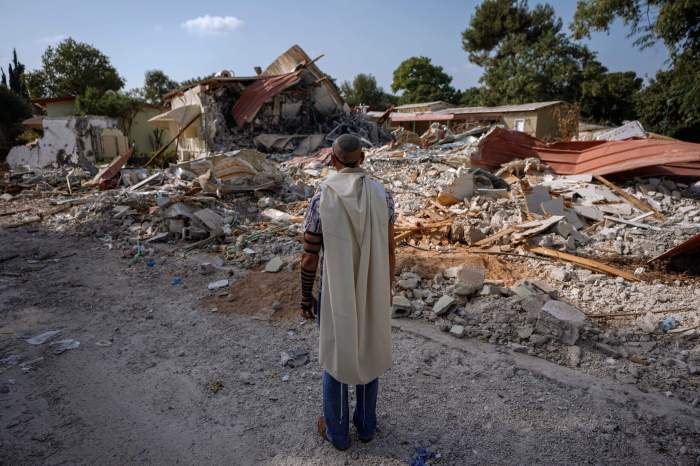Finally, the “road map” is here.
After a year of talk about mental health care and delays in releasing plans, City Hall unveiled its long-discussed proposal to tackle the issue. One in five city residents suffers from some type of mental health disorder. As hoped for, the plan is far-reaching and comprehensive, with initiatives that go beyond the pile of puzzle pieces that emerged previously. Now the talk and plans must be turned into policy and programs that lead to fundamental change in how we address mental health in this city and the issues that underlie homelessness and incarceration.
Officials started the rollout last week with plans for new-mom screenings for postpartum depression. Yesterday, they added much more. They’ll bring social-emotional learning into prekindergarten and mental health consultants into public schools. In an effort similar to teaching CPR, the city will train hundreds of thousands of people, including city workers, in “mental health first aid.” And it’ll fight opioid abuse by increasing access to key medications.
The $850 million plan also improves data-gathering and expands communication efforts. Websites and apps will help college students and others find support, and a call-in center will connect individuals and family members to counseling, evaluations and more. And a new task force will push for policy and legislative changes on insurance, licensing and other issues.
It’s an ambitious agenda that could do much good, but it’ll take money, staffing, coordination, and thoughtful planning and implementation to get it right. In addition, officials must train a spotlight on those with the most severe mental illnesses, such as schizophrenia and bipolar disorder. There’s more to do, from assisting caregivers to expanding the use of Kendra’s Law, which provides court-ordered outpatient supervision and treatment for those who need it but won’t seek it.
Mayor Bill de Blasio and first lady Chirlane McCray made mental health their centerpiece. For them, it’s personal. Now, the effort must start quickly and smoothly, provide help to those in need, and then ease some of the city’s larger troubles. We’ve waited long enough.

















